Five things we learned on set of Gran Turismo
Insights from the cast and filmmakers of the upcoming video game adaptation
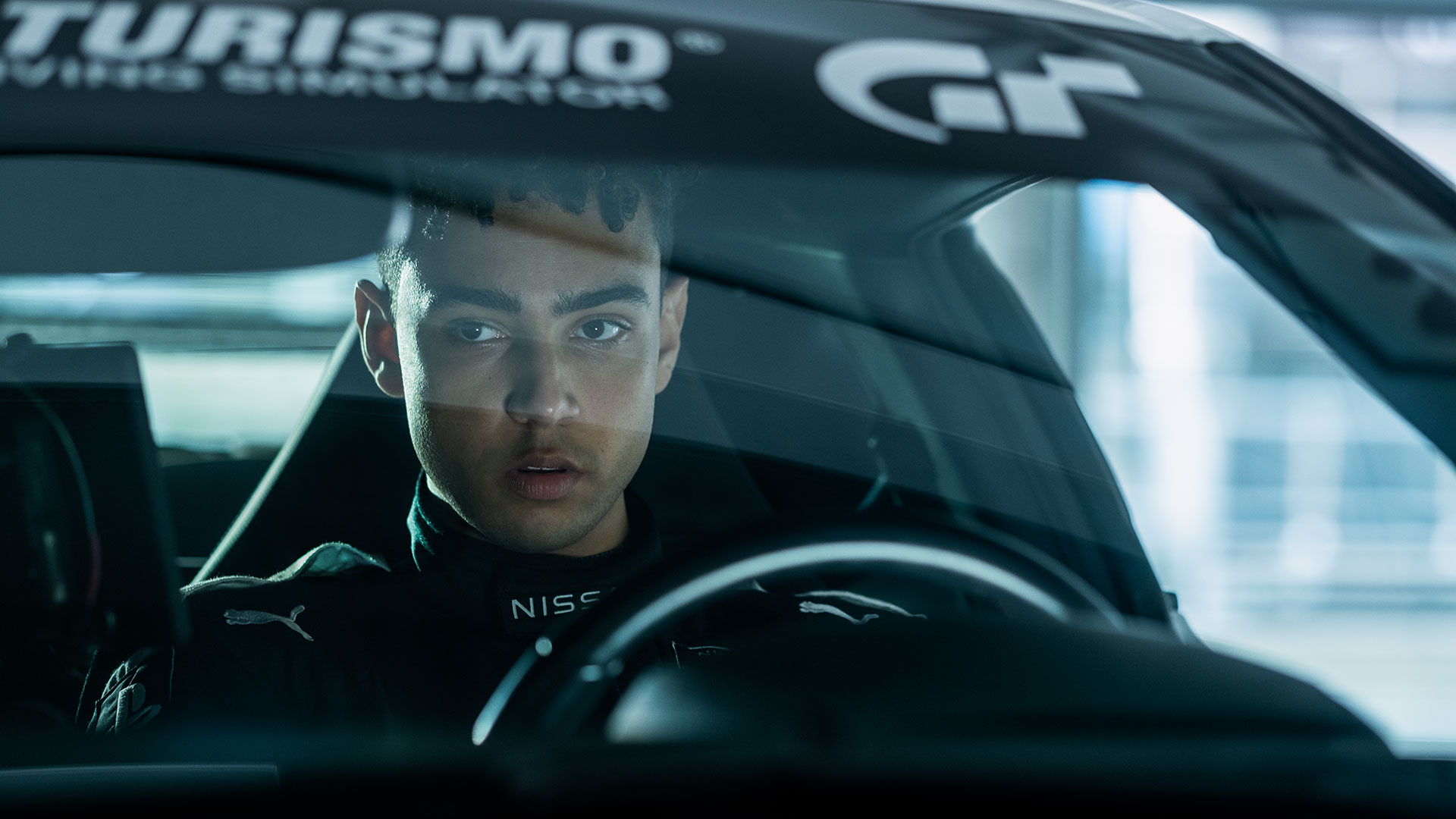
The Gran Turismo movie has recently dropped its first high-octane trailer, but back in November 2022, Total Film was already getting revved up about the prospect of the racing game adaptation on set.
This year is finally proving to be a fertile time for live-action adaptations of video games. The Super Mario Bros. Movie has crossed the $1bn mark at the global box office, The Last of Us is one of the most acclaimed TV shows of the year, and even Tetris offered an innovative way to tackle the classic puzzler (by dramatising the surprisingly tangled rights dispute behind the addictive game’s distribution). But even so, the long-running racing-sim series initially seems like an unlikely candidate for the big screen treatment.
But there’s a great deal about Gran Turismo that’s unexpected. For starters, director Neill Blomkamp (District 9, Chappie) is stepping away from sci-fi genre trappings for a story grounded in reality. And that’s not just the grounded physics of the real-word racing; it’s actually based on the true story of Jann Mardenborough, who competed in the GT Academy - a racing program that courted contenders who were experts in the ultra-realistic driving sim to see if they could transfer their skills to real cars.
Talking of realism, the film is shooting on location at the Hungaroring racetrack near Budapest, Hungary. It’s a crisp autumn day and the track is dressed for a Le Mans sequence. We even step inside a hot set (that’s one that they’ll be filming on - so no messing with the props) decked out like the PlayStation lounge. The triangle, circle, cross. and square symbols are everywhere, and there’s a 10ft tall screen on which to practise your gaming skills.
During the day we’re introduced to the filmmaking team and the cast, and most of our interviews take place above the rumble and roar of engines outside, as stunt drivers take lap after lap in Nissan GT-Rs, pursued by car-mounted camera arms. Here are five key takeaways we learned from our on-set chats with the key cast and crew…
This is Neill Blomkamp’s version of a sports movie
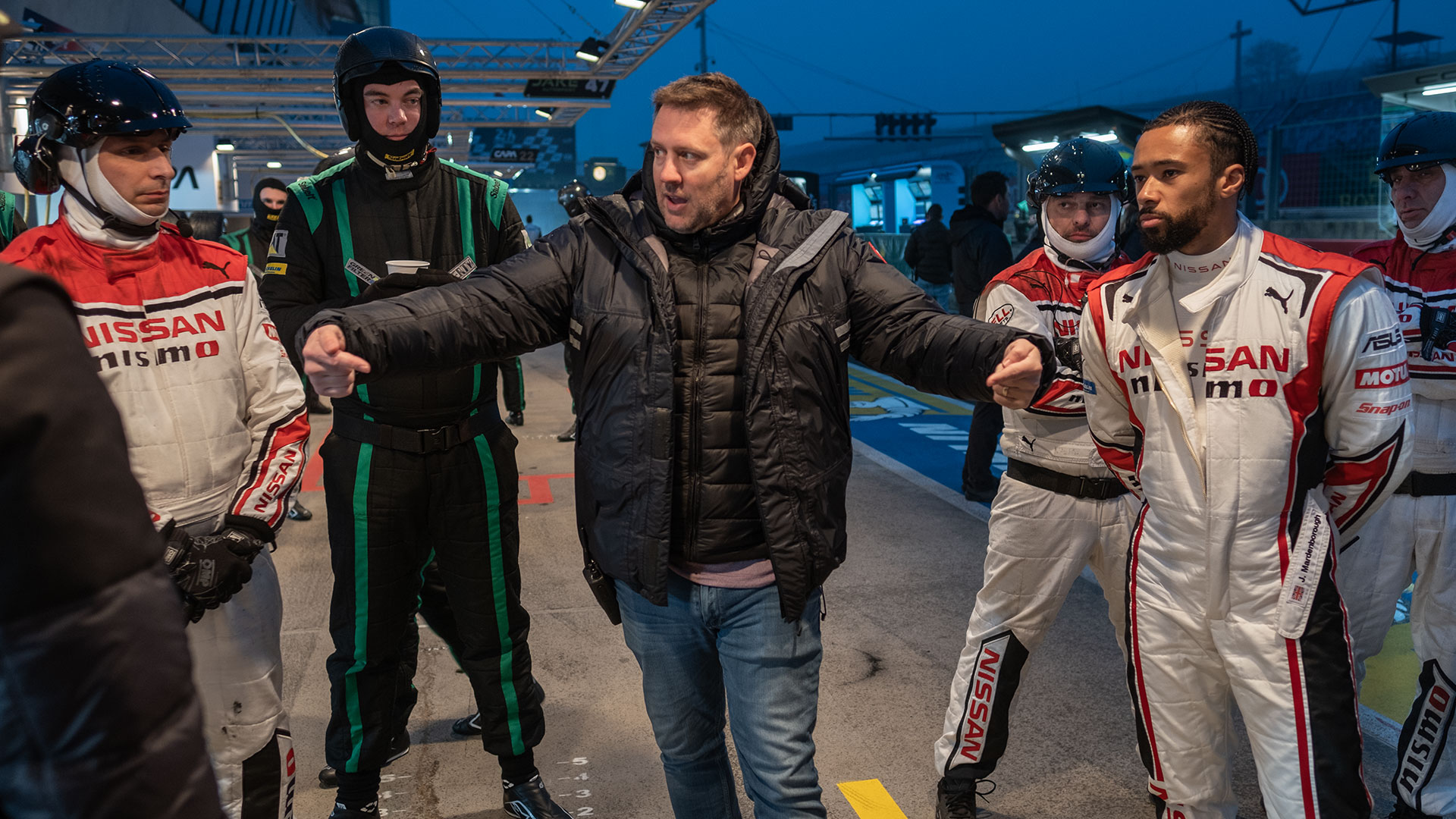
Gran Turismo marks a gear shift away from the genre pieces that South African and Canadian director Blomkamp is best known for. Years ago, he was famously attached to an ill-fated big-screen adaptation of Halo, before District 9 launched his filmmaking career. While Gran Turismo qualifies as a video game adaptation, it is, he admits, the closest thing he’ll make to a sports movie. Even if he doesn’t quite see it that way.
“The things that drew me to it were, I’m always doing science-fiction with a heavy amount of some kind of otherworldly, non-real worldbuilding,” he says. “And so one of the things about [Gran Turismo] was, this is a contemporary, real world, in a way that has this globetrotting, everyday realism about it that I felt, for some weird reason, massively creatively inspired by. So, like, building real-world sets, and mimicking real-world things. Even just bringing the Tokyo headquarters of Nissan to life in Budapest. How do we create that? It’s an interesting, weird challenge I wouldn’t normally do. And it’s super-creatively fulfilling. But that’s how I look at it. I don’t look at it like a sports movie at all. But ultimately I guess it probably is.”
Sign up for the Total Film Newsletter
Bringing all the latest movie news, features, and reviews to your inbox
The film will blend video games and real-world racing
Gran Turismo the movie occupies an unusual space between rousing true story and gratifying video game adaptation. Jann Mardenborough’s experiences form the film’s dramatic backbone, but ultimately, self-confessed petrolhead Blomkamp hopes it will also delight fans of the game. “I was trying to think of a way to connect this kid who plays Gran Turismo in his parents’ house who, in real life, ended up racing at Le Mans,” says Blomkamp. “I tried to bring some of the virtual Gran Turismo simulated-reality into reality, almost subjectively from his point of view. Like, this is how he remembers it, and how that overlays into the real world. That was one of the ideas that I wanted to inject into the script, and the way that we shoot it. It was like: how do we do that?”
Another reference point - albeit not a deliberate one - is Netflix documentary series Formula 1: Drive to Survive. Blomkamp hadn’t seen the show before commencing work on this film, but it provides a useful counterpoint. “In the crew, and in people I speak to, things like Drive To Survive had piqued their interest in a good way,” says Blomkamp. “When I speak to them about the film, they’re really into it because they’ve been watching this series that explains how racing happens behind the scenes. And I feel like a lot of the stuff that we’re shooting captures what I’m seeing in Drive To Survive: the way the teams work behind the scenes, the way the pits feel, the way the whole caravan of racing moves from one location to the next. We have a lot of that stuff in the film.”
Working with the car companies is trickier than working with Sony
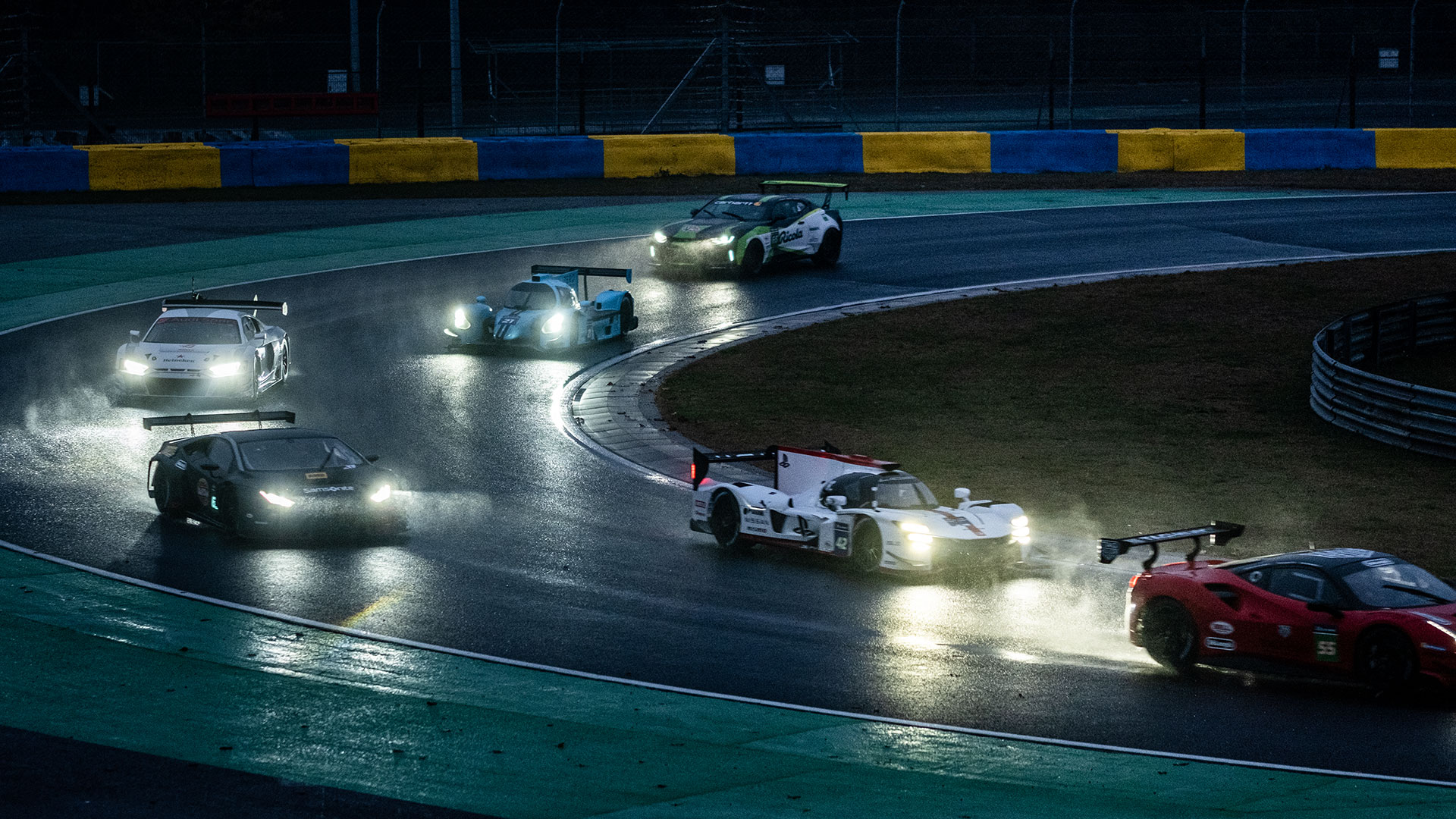
Collaborating with Sony on one of their crown-jewel properties might sound like a recipe for micro-management and compromises, but not so, says Blomkamp. “That has actually worked in a way that I think has been beneficial,” he says. “It hasn’t really been negative. It’s been helpful to have different departments that are usually not speaking to one another, to communicate. It’s kind of cool. It sounds like it would be a hindrance, but it isn’t.” In fact, it was other collaborations that proved more troublesome. “It’s been more difficult to get the exterior brand committees on board, because that’s something that’s strange about this movie: how many real-world, other brands are involved. You almost need to pull back. When you look at races, there’s just advertising everywhere. It’s too much sometimes.”
And as Blomkamp explains, car companies are only really willing to provide their goods for the production if their car actually wins. “I never really think that product placement ever really works. When you get into it, and you start asking people to give you stuff in exchange for being on screen, it comes with so many different strings attached to it, that at some point it’s not worth it. But when we started off trying to get car companies to give us cars, every single one of them was like, ‘yes, but as long as we win.’ So most of them, I guess, were approached as if we’ll rent them. So that was the biggest weird conundrum. You get a sign-off where no cash really exchanges hands. ‘You get to use the car and you get to use our name, but we’re not giving it to you because it doesn’t win.’ And that’s kind of where we ended up.”
The cast aren’t the biggest gamers
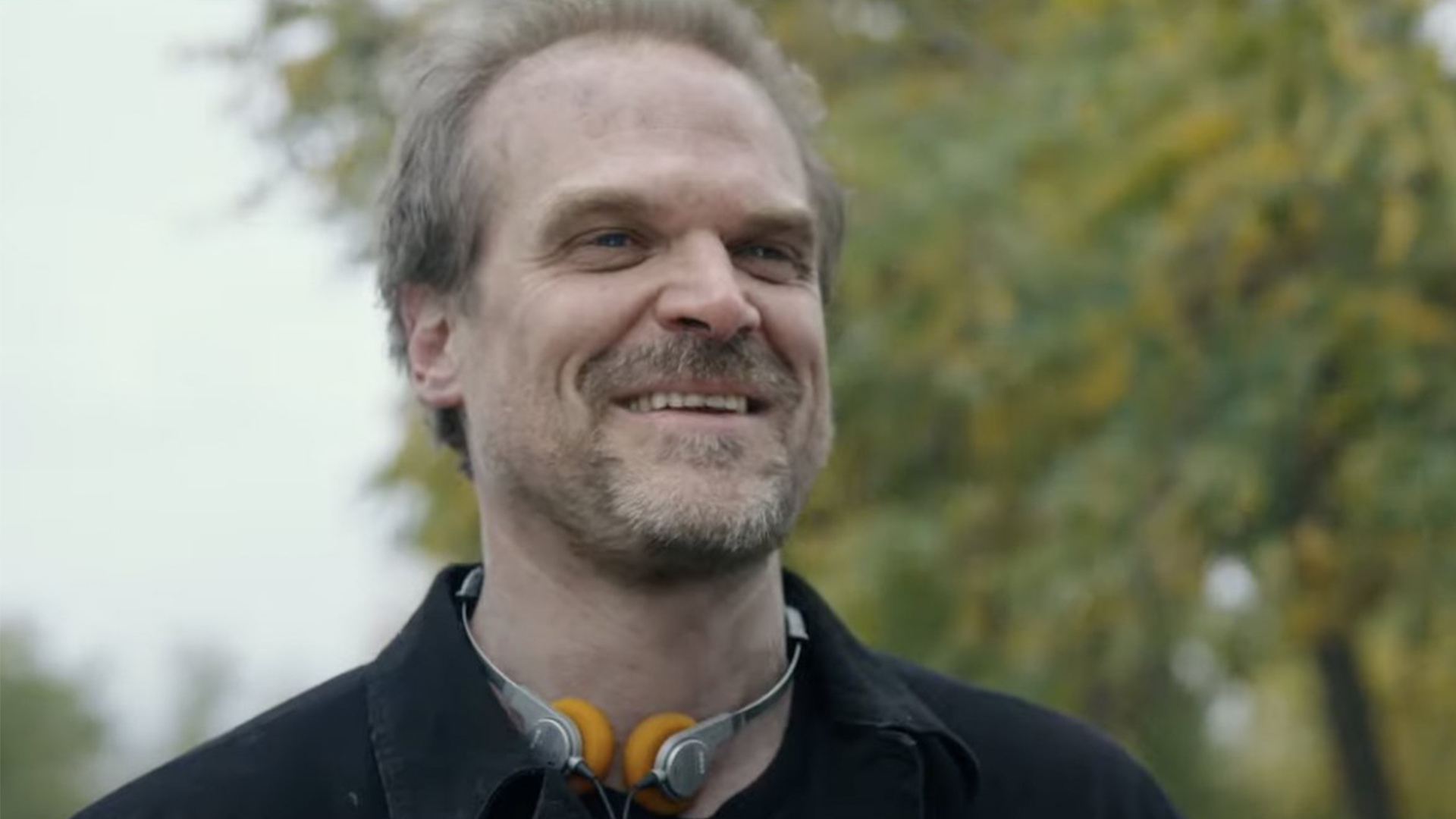
Archie Madekwe (Midsommar, Voyagers) is stepping into the spotlight in the lead role, and coaching him from the pit stops will be Orlando Bloom and David Harbour. Madekwe describes his previous experience of the game as “minimal”. “I did not know much,” he laughs. “This whole thing has been an education. Growing up, I’ve dabbled on the PlayStation. But it was a true immersion [to prepare for this film]. I couldn’t even drive before I had this job. I was filming something else before, I’d wrap, and I’d run straight to driving lessons.”
Similarly, Bloom admits to “honestly not a huge amount” of experience of the games before the film. “I am a fan of speed. So I’ve kind of done countless track days – on motorcycles, mostly. Like Supermoto and then some superbikes and then some motocross.” Bloom plays Danny Moore, a fictionalised version of GT Academy founder Darren Cox. “You know, as a kid, I played Daytona in the arcades. The great hook for this, maybe, is the title. Gran Turismo has an emotional connection for anyone who played the game. It takes you back.
"And then in Neill we have this remarkable visionary who’s done all these sci-fis, and he’s taking that insane visionary, larger-than-life look at moviemaking into a very grounded story of the character of Jann Mardenborough.”
This is a different kind of video-game adaptation
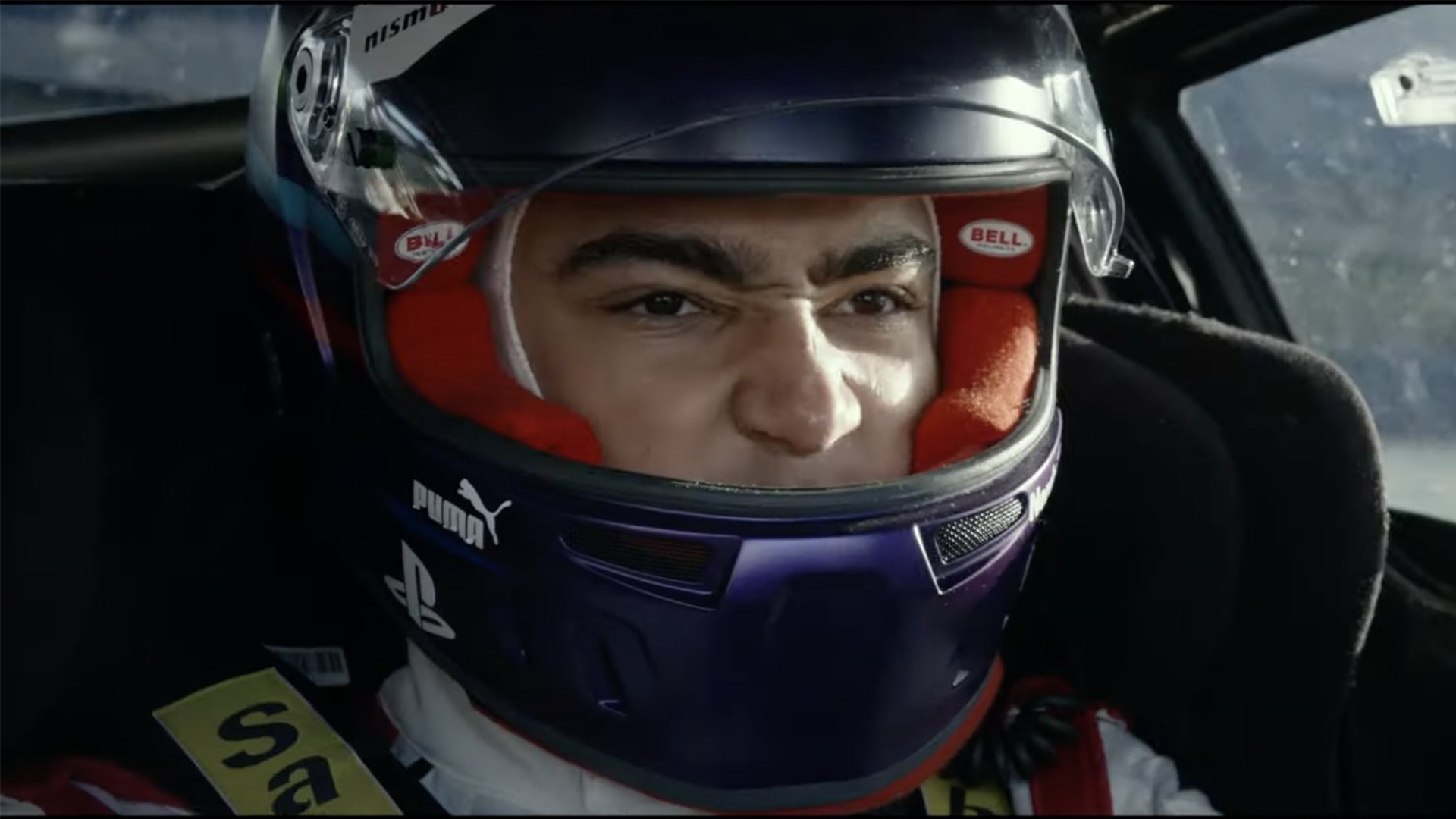
Towards the end of the visit we also speak to Carter Swan, senior producer at PlayStation Productions who previously helped shepherd Uncharted and The Last of Us to the screen. “It's a different kind of adaptation, right. But I think that's what makes it so exciting,” he says. “And that's what we look for at PlayStation Productions… Other video game adaptations in the past tried to copy the game and put it on the screen and you can't do that. It's a 60-hour immersive experience versus a two-hour passive experience. We approach it in a way where we're just trying to tell that real-life story and get everything that happens as accurate as we possibly can. So it'll be compelling and exciting, and people will relate to it out in the world and understand that it's based on Jann, a real person. And I think that's what makes this one special in the space.”
That’s not to say that there won’t be references and allusions for fans of the gaming series. “I also think, to our astute fans - and I am one of them - who has played every game religiously since they started back on the [PS1], if you really look at it, it does mimic the gaming experience a little bit. We've tried to do it. We've been in there very smartly and subtly. And I think it’s in a way that our fans will recognise but doesn't overwhelm Jann's story and take you out of it.”
Gran Turismo opens in cinemas on August 11. You can see what other video game adaptations are in the works via our guide.
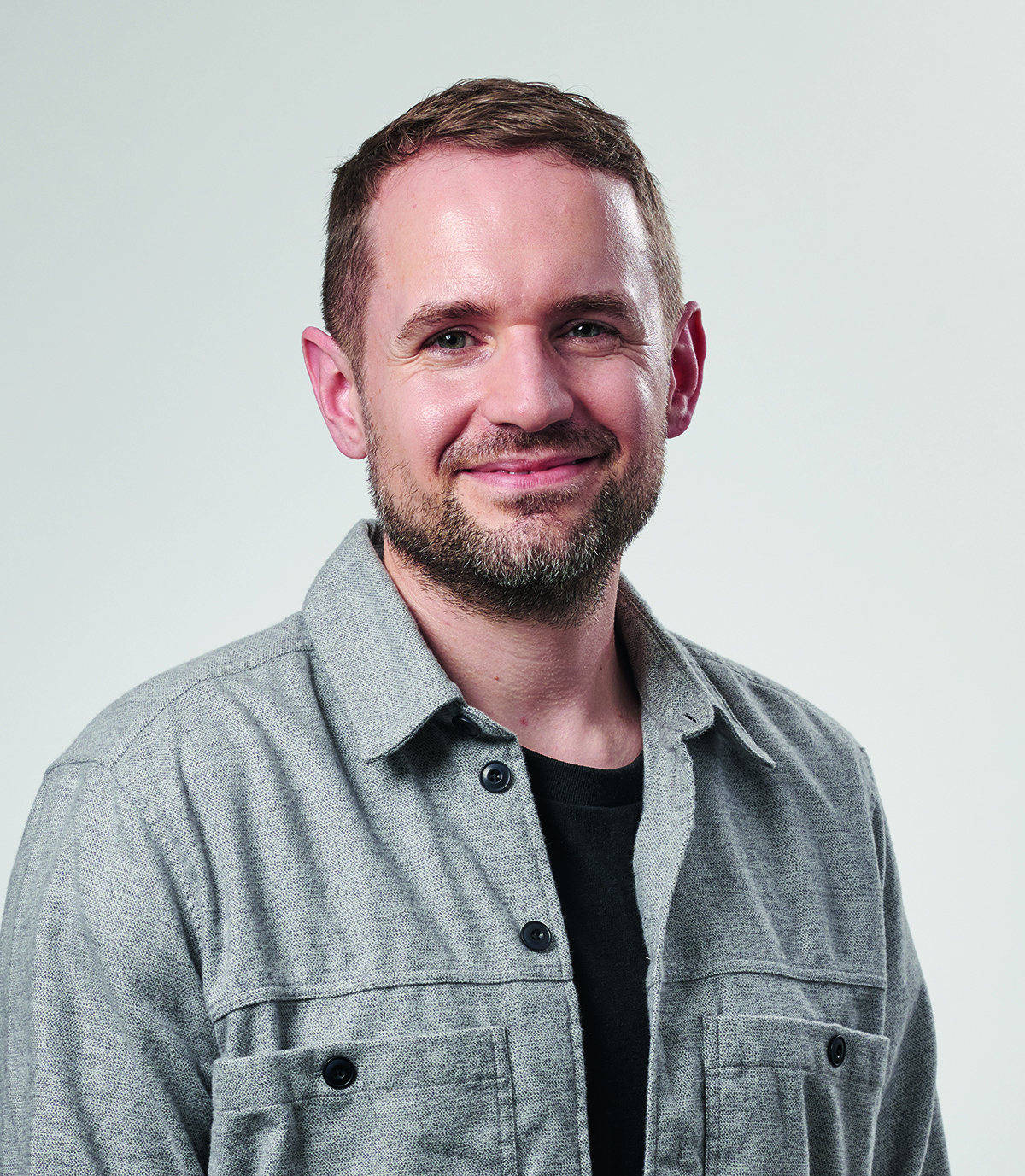
I'm the Editor at Total Film magazine, overseeing the running of the mag, and generally obsessing over all things Nolan, Kubrick and Pixar. Over the past decade I've worked in various roles for TF online and in print, including at GamesRadar+, and you can often hear me nattering on the Inside Total Film podcast. Bucket-list-ticking career highlights have included reporting from the set of Tenet and Avengers: Infinity War, as well as covering Comic-Con, TIFF and the Sundance Film Festival.


